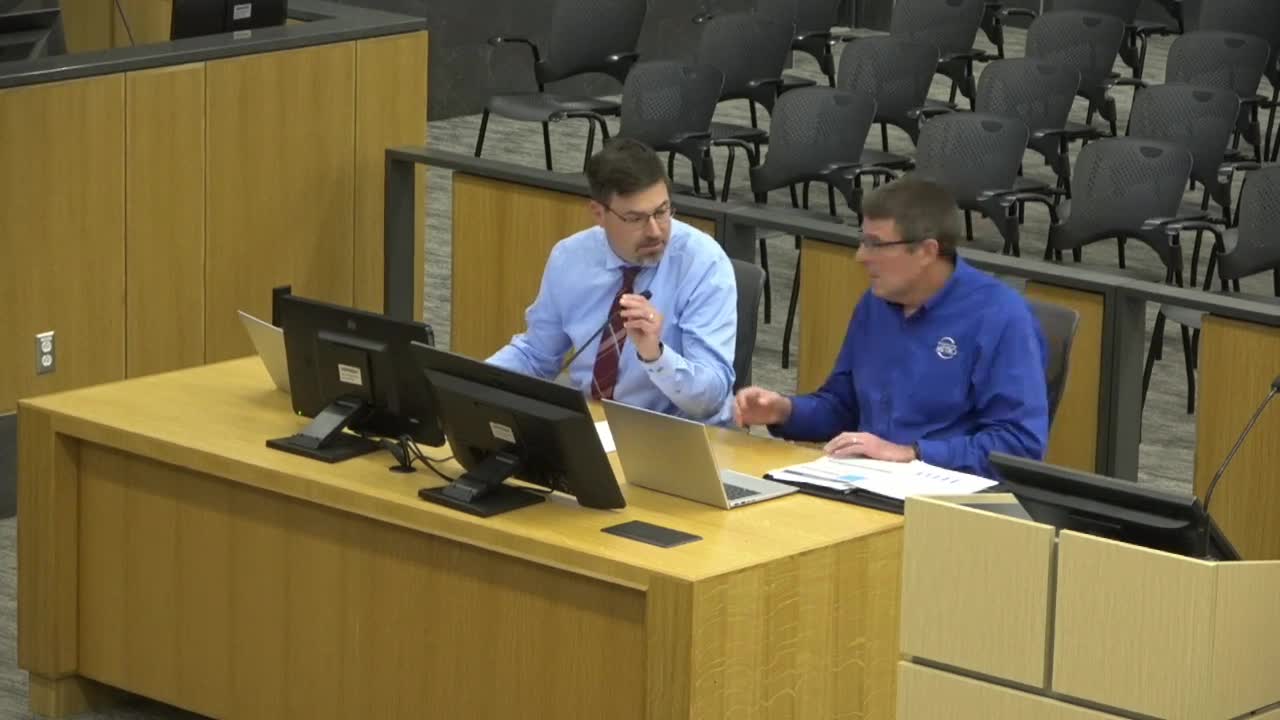City reduces fixed-route hours while Metrolift demand grows; county funding mix complicates budget
Get AI-powered insights, summaries, and transcripts
Subscribe
Summary
Waukesha’s transit manager told the finance committee the city reduced service hours to improve efficiency, but demand for Metrolift paratransit has surged; city subsidy and county intergovernmental funding remain significant budget components.
Waukesha transit manager Brian Engelking told the finance committee that the transit system consolidated routes and cut about 15% of service hours in mid-2025 to preserve ridership efficiency and reduce costs, but that demand for Metrolift paratransit trips has climbed to the highest levels since 2013.
Engelking said the system has improved passengers per revenue hour and that fixed-route ridership is roughly flat despite the changes. He said Metrolift trips are approaching 12,000 rides for the year, requiring additional vehicle hours and potentially more operators.
On finances, staff explained the transit enterprise budget includes multiple funding sources. The committee was shown an $8.85 million gross figure that reflects county and interjurisdictional funding alongside transit operating costs; Engelking said the city’s direct subsidy for transit next year is about $1.27 million and that fare revenue covers roughly 10–12% of operating costs.
Committee members pressed staff on the use of ARPA and other federal relief funds previously awarded to transit; staff said remaining ARPA funding is limited and that some relief funds will be drawn down in early 2026. Members also requested clearer line-item detail on county-shared Route 1 costs and on fare-recovery metrics.
Engelking warned that continued reductions in service hours to balance budgets will have tangible impacts on riders and that future reductions will be harder to absorb without service loss.
